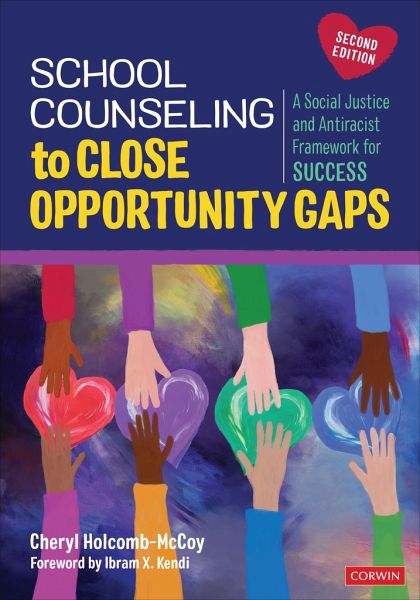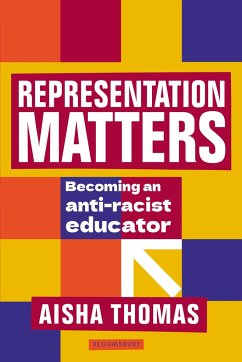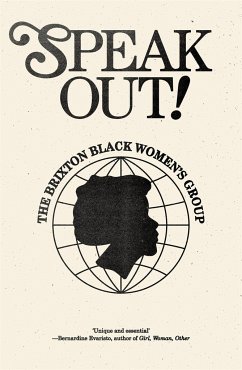Nicht lieferbar

School Counseling to Close Opportunity Gaps
A Social Justice and Antiracist Framework for Success
Versandkostenfrei!
Nicht lieferbar
Create conditions that lead to success for ALL students and confront conditions that create opportunity gaps This new edition of a bestseller shows school counselors how to incorporate principles of social justice, antiracism, equity, and advocacy into their practice and addresses the reasons why some students are more likely to encounter challenges at school due to racism, sexism, heterosexism, and classism. It includes: * Vignettes, strategies, activities, and reflective individual and group study questions * A framework for how school counselors can mitigate the impact of negative factors...
Create conditions that lead to success for ALL students and confront conditions that create opportunity gaps This new edition of a bestseller shows school counselors how to incorporate principles of social justice, antiracism, equity, and advocacy into their practice and addresses the reasons why some students are more likely to encounter challenges at school due to racism, sexism, heterosexism, and classism. It includes: * Vignettes, strategies, activities, and reflective individual and group study questions * A framework for how school counselors can mitigate the impact of negative factors that hamper academic performance and healthy development, especially among students of color Six functions of school counselors that move schools toward more just practices and, ultimately, to higher test scores and increased student achievement.













